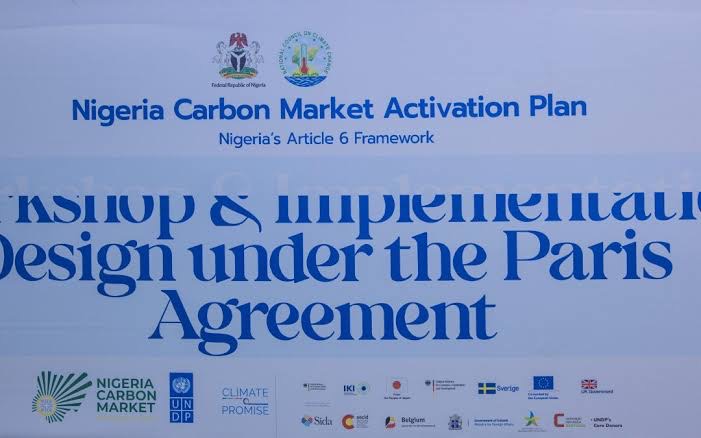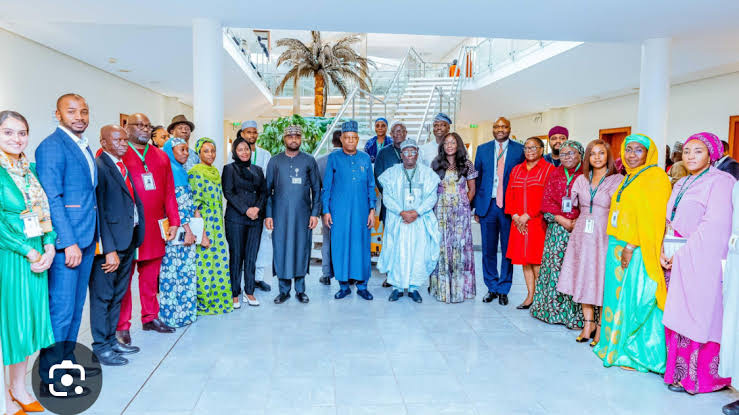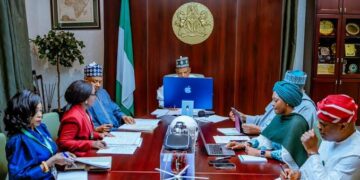The federal government is optimistic about the future impact of the Nigeria Carbon Market Activation Policy (NCMAP), forecasting that it will unlock a carbon market potential worth between $736 million and $2.5 billion by 2030.
This ambitious policy is expected to play a crucial role in driving sustainable development and job creation in Nigeria and across Africa.
Nura Rimi, the permanent secretary of the Ministry of Industry, Trade, and Investment, shared these insights on Thursday at the Corporate Climate Action event, which focused on Carbon Markets during the 79th United Nations General Assembly (UNGA) held in New York.

Rimi elaborated on the goals of NCMAP, which include generating between 600,000 and 2.3 million green jobs for Nigerian youths. This policy is part of a broader plan to foster environmental sustainability and economic growth through the creation of a structured and transparent carbon market.
By tapping into this market, Nigeria aims to address climate challenges while simultaneously boosting its economic prospects.
“NCMAP is a transformative initiative designed to establish a robust carbon market,” Rimi explained. “It will provide a structured environment for both local and foreign investments, while also stimulating sustainable economic growth.”
He added that the policy aligns with the federal government’s commitment to climate resilience, which is crucial to Nigeria’s development and its role as a responsible global player in environmental issues.
Rimi further emphasized that the NCMAP is not just a framework for policy action but a bold declaration of Nigeria’s unwavering commitment to a resilient and sustainable future.

“This policy is not just a framework; it is a clarion call for collective action and investment in our future,” he stated. The NCMAP is designed to provide a replicable model for carbon market development, one that can be emulated across Africa to help tackle the continent’s climate-related challenges.
Under the leadership of President Bola Tinubu, Nigeria is striving to position itself as a leader in addressing climate change and promoting sustainable practices. Mr. Rimi stressed that NCMAP is central to this vision.
It is expected to create a transparent system for trading carbon credits, thereby providing a conducive environment for local and foreign investments. By establishing clear rules and incentives for engagement, the policy aims to unlock significant economic opportunities while contributing to the global fight against climate change.
“The NCMAP is set to create a transparent system for trading carbon credits, which will encourage local and international investments,” Rimi added. He highlighted that the Federal Ministry of Industry, Trade, and Investment is working to ensure that NCMAP includes incentives that will promote industrial growth and trade.
This will, in turn, create an enabling environment for private sector engagement, enhancing investor confidence in sustainable business practices and further boosting Nigeria’s economy.
With the NCMAP, Nigeria is setting the stage for a transformative shift towards greener, more sustainable practices that align with global climate goals.
The policy aims to harness the economic potential of carbon markets, create job opportunities, and ensure that Nigeria remains a key player in both Africa’s and the world’s sustainable development efforts.
Through this policy, Nigeria is not only addressing climate change but also driving economic progress by attracting investment and fostering innovation.


































